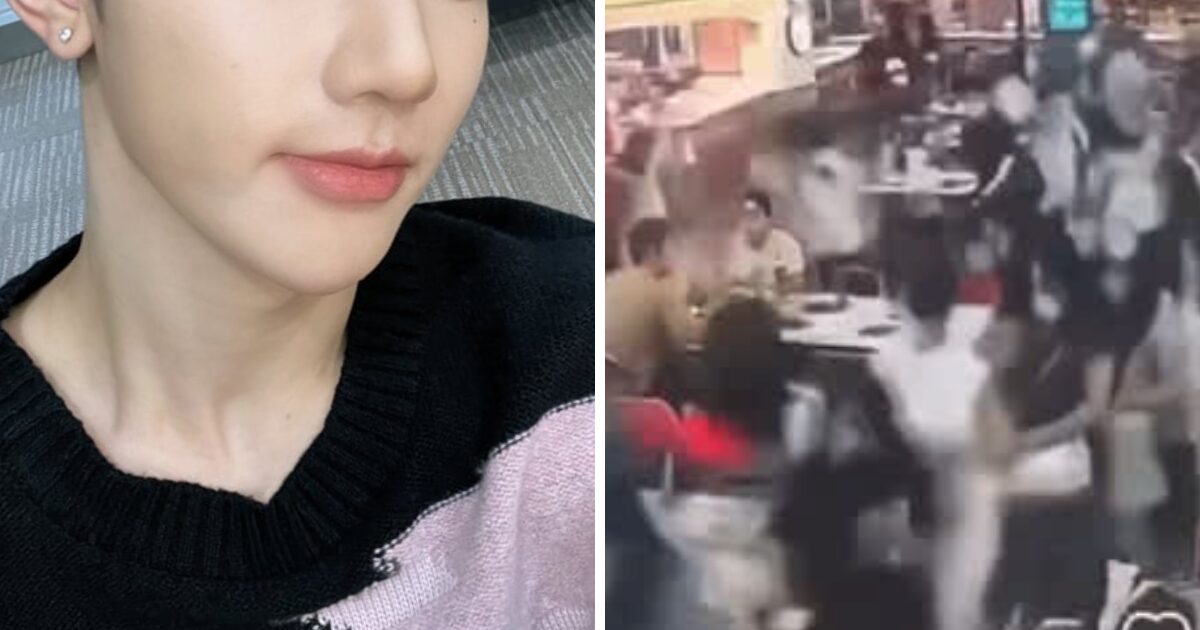As K-Pop rises as a global cultural powerhouse, the Korean entertainment industry faces a pressing issue: a shortage of concert venues in Seoul. This city, the heart of the K-Pop phenomenon, is experiencing a surge in demand for live performances. However, the infrastructure to support this boom is lagging behind.
Challenges in Seoul’s Concert Infrastructure for K-Pop
Major venues like the Seoul Olympic Stadium and Seoul World Cup Stadium have limitations. These include necessary remodeling, turf damage, and complex booking procedures that hinder hosting large-scale events. In response, the Korea Entertainment Producers Association (KEPA) is advocating for constructing a dedicated K-Pop Arena and improving infrastructure to enhance Seoul’s concert landscape.
The Economic Impact of K-Pop
K-Pop significantly impacts South Korea’s economy through global sales and live shows. To maintain and expand this success, KEPA emphasizes the urgent need for systematic infrastructure development. This development can elevate the competitiveness of the domestic concert market.
Proposed Solutions by KEPA
Among the proposed solutions are ambitious plans to build a world-class K-Pop Arena on the National Assembly Building site, should it relocate. Additionally, KEPA suggests creating a large indoor concert hall with a capacity of 30,000 seats near Olympic Park KSPO Dome. Furthermore, KEPA proposes a ‘performance quota system’ to ensure a set number of events at major sports facilities throughout Seoul and its metropolitan area. This initiative aims to create a stable environment for concert organizers and artists.
Government Support for K-Pop Industry
The call for government support is clear. KEPA urges collaboration between the public and private sectors to position the K-Pop industry as a national project with global competitiveness. As the world tunes into K-Pop, it is crucial that infrastructure keeps pace. This allows artists to perform and fans to celebrate the music they love.
Conclusion
In conclusion, addressing the concert venue shortage in Seoul is vital for the future of K-Pop. By implementing KEPA’s proposals, South Korea can enhance its concert infrastructure and maintain its position in the global music market. The cultural significance of K-Pop extends beyond music; it influences global trends in fashion and technology. Investing in concert venues will ensure that K-Pop continues to thrive and evolve.
This article has been written by Kpopmap AI writer and while we have made efforts to ensure the accuracy of the article, there may be errors or inaccuracies.
 1 month ago
42
1 month ago
42



















 English (US) ·
English (US) ·